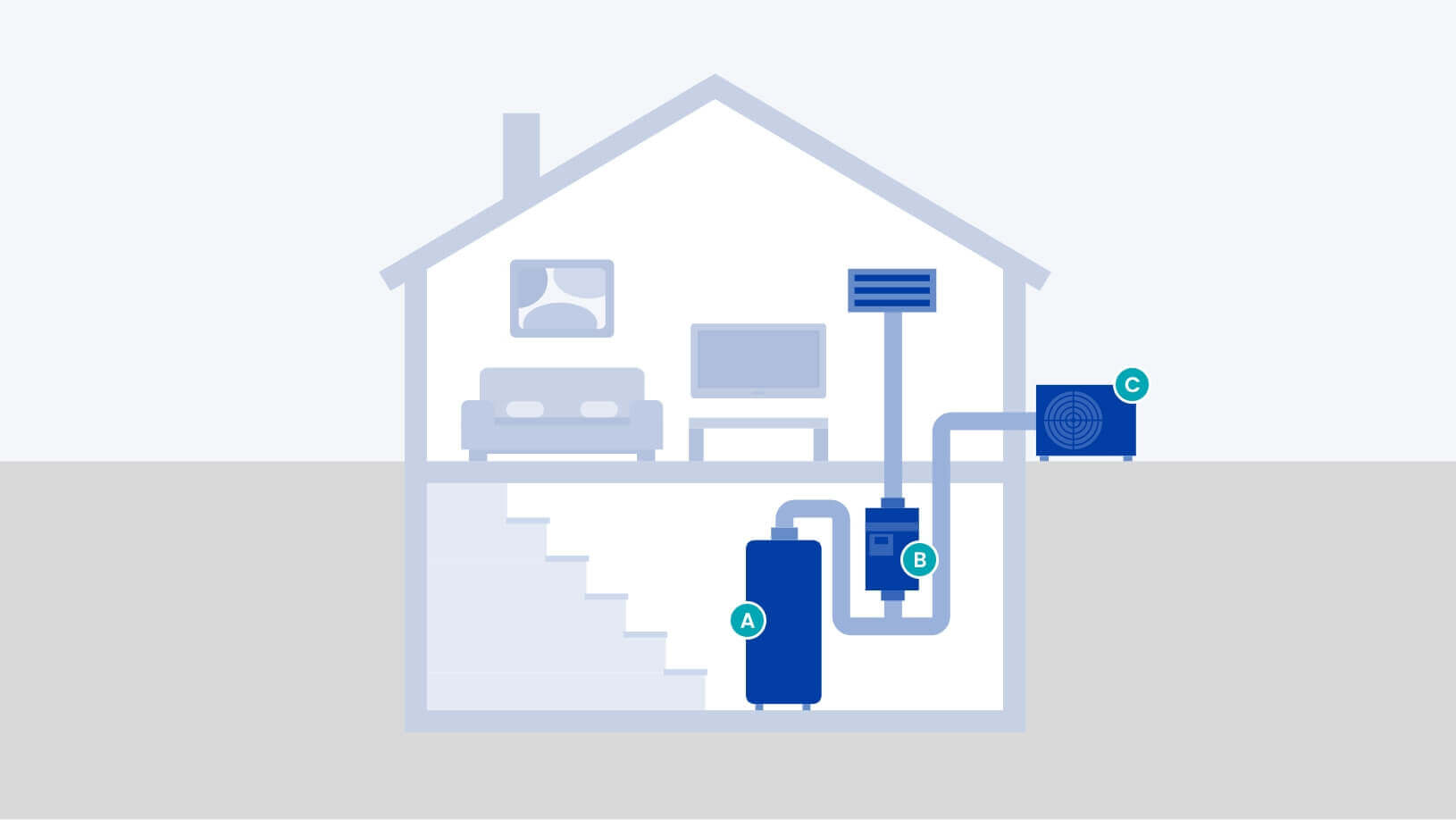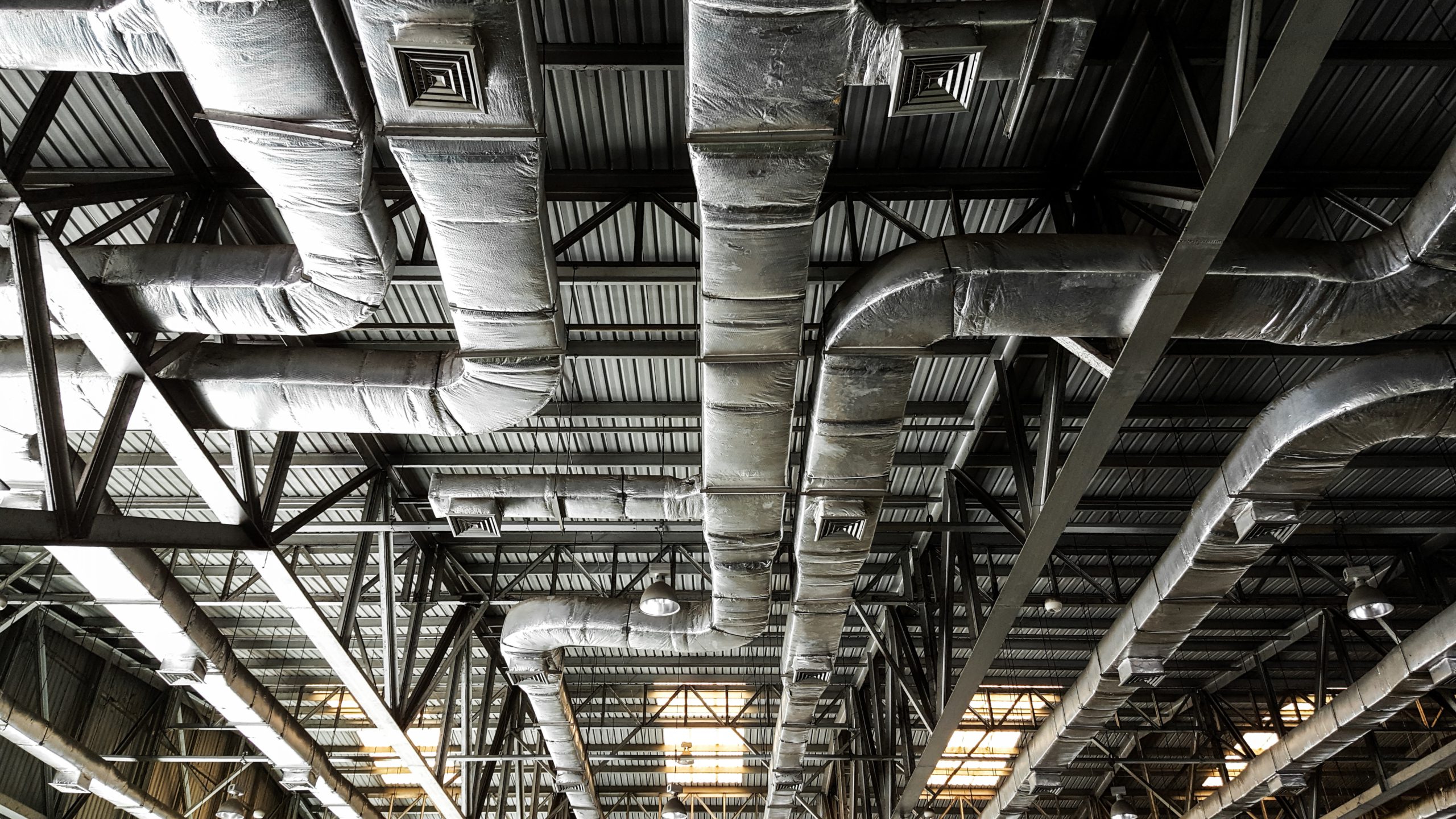Air Conditioning Repair Service to Keep Your Home Awesome and Comfy
Air Conditioning Repair Service to Keep Your Home Awesome and Comfy
Blog Article
An In-Depth Look at HVAC Providers and Their Impact on Power Performance and Cost Financial Savings
The role of HVAC solutions in boosting power efficiency and accomplishing price savings is more critical than ever, as companies and homeowners seek sustainable options in an increasingly eco-conscious globe. With technical advancements like wise thermostats and high-efficiency parts, the potential for enhancing system performance is large. Yet, truth impact of these developments depends mostly on routine upkeep and positive issue administration. As we explore the complex connection between a/c systems and operational expenses, consisting of the change in the direction of eco-friendly choices, the question emerges: just how can these methods be successfully carried out to optimize both ecological and financial advantages?

Relevance of Heating And Cooling Systems
heating and cooling systems are an essential element of modern-day structures, playing a crucial duty in preserving comfortable and healthy and balanced interior atmospheres. These systems, encompassing home heating, ventilation, and air conditioning, are vital for controling temperature, humidity, and air quality, consequently making certain the wellness of residents. Effective a/c systems contribute significantly to producing an optimal indoor climate, which is essential for both household and business areas.
In commercial buildings, HVAC systems are indispensable to supplying a safe and effective atmosphere. By controlling indoor environment problems, these systems aid stop the development of mold and the spread of airborne contaminants, therefore safeguarding the health and wellness of consumers and workers. In addition, in domestic setups, cooling and heating systems boost living conditions by providing constant thermal convenience and boosting interior air quality, which is crucial for total health.
In addition, the style and maintenance of cooling and heating systems have a direct influence on power intake and functional prices. Properly developed and preserved systems can significantly reduce energy usage, resulting in reduced utility bills and a smaller carbon footprint. The effectiveness of these systems hence plays a critical function in advertising sustainability and energy preservation within structures, highlighting their value in the modern-day building landscape.
Advancements in A/c Modern Technology
Advancement in HVAC technology is changing the way buildings handle interior environments, introducing a brand-new era of efficiency and control. Current improvements have concentrated on optimizing power intake while improving user convenience. One significant development is the assimilation of clever thermostats, which use expert system to discover tenancy patterns and change temperatures as necessary, lowering unneeded energy use.
Variable Cooling Agent Flow (VRF) systems represent an additional considerable leap onward. These systems permit precise temperature level control in different areas of a structure, enhancing convenience and minimizing energy waste. VRF modern technology is especially helpful for large business spaces, supplying flexibility and scalability.
In addition, the introduction of Internet of Things (IoT) devices has actually changed a/c systems into interconnected networks capable of real-time information collection and analysis. This connection enables anticipating upkeep, guaranteeing systems run at peak performance and reducing unexpected downtime.
Additionally, developments in products and design, such as the usage of high-efficiency coils and compressors, have improved general system efficiency - Heating Contractor. The fostering of environmentally pleasant cooling agents also highlights the sector's dedication to sustainability
These technological developments are essential in decreasing functional expenses and environmental effect, establishing brand-new standards for constructing climate monitoring.
HVAC Maintenance and Efficiency
Making sure optimal efficiency of heating and cooling systems prolongs beyond technical innovations; it also pivots on efficient maintenance methods. Normal maintenance is crucial for sustaining effectiveness, decreasing power usage, and prolonging the lifetime of a/c systems. The main objective is to ensure that all parts function at their peak potential, therefore reducing power wastefulness and maintaining consistent interior convenience degrees.
Routine upkeep jobs, such as cleaning or changing air filters, inspecting refrigerant degrees, and inspecting ductwork for leakages, are crucial for protecting against unneeded pressure on the system. Stopped up or unclean filters can block airflow, triggering the system to work more challenging and take in more energy. Similarly, poor refrigerant levels can decrease cooling performance, causing higher operational expenses.
Additionally, regular assessments by certified experts can recognize possible issues before they rise right into pricey fixings or system failings. These assessments usually consist of checking electrical links, adjusting thermostats, and making sure the overall stability of the HVAC system. By addressing small troubles early, companies and home owners can avoid unexpected malfunctions and boost power efficiency.
Cost-efficient Heating And Cooling Solutions
For those aiming to obtain the most out of their air flow, home heating, and air conditioning systems without breaking the bank, discovering affordable cooling and heating solutions can make a considerable distinction. One prompt measure is to invest in programmable thermostats, which allow customers to set specific temperature levels pop over to these guys for different times of the day, maximizing energy use and decreasing unneeded intake. By automating temperature level changes, property owners can accomplish significant financial savings on power costs.
Normal upkeep is one more vital part of economical a/c administration. Guaranteeing that filters are cleaned or replaced routinely, ductwork is sealed, resource and devices are serviced by professionals can stop costly repairs and boost system durability. Preventative upkeep not just keeps system effectiveness but also helps in staying clear of unforeseen malfunctions that can result in expensive emergency situation repair work.
In addition, retrofitting existing systems with energy-efficient elements, such as variable rate motors or high-efficiency compressors, can be a sensible investment. These upgrades boost operational performance, minimize energy usage, and can usually be carried out at a portion of the cost of a complete system substitute.
Environmental Effect Decrease
Minimizing the environmental influence of Heating and cooling systems is essential in today's pursuit of sustainable living. Heating and cooling systems are significant factors to power usage, accounting for nearly 40% of power usage in commercial buildings.
Technical advancements in a/c design and operation, consisting of the assimilation of smart thermostats and energy-efficient warm pumps, are critical in reducing carbon footprints. These developments allow for optimized power use, reducing wastefulness and boosting total system performance. In addition, adopting routine maintenance techniques makes certain cooling and heating systems run at peak effectiveness, further curtailing unnecessary power consumption.
In addition, using eco pleasant refrigerants is important, as typical cooling agents, like CFCs and HCFCs, have been eliminated due to their ozone-depleting residential properties. Modern options, such as hydrofluoroolefins (HFOs), deal minimized environmental risks, straightening with worldwide ecological protocols. By welcoming these lasting methods, HVAC solutions can play a transformative role in minimizing ecological influences, advertising energy efficiency, and cultivating a much more sustainable future.
Verdict

Additionally, the design and maintenance of Heating and cooling systems have a direct influence on energy usage and operational costs. Normal maintenance is essential for maintaining effectiveness, minimizing power usage, and prolonging the life span of HVAC systems. A/c systems are substantial contributors to power usage, accounting for almost 40% of energy use in industrial buildings. Additionally, taking on routine maintenance methods ensures Cooling and heating systems trane hvac prices run at peak performance, more reducing unneeded energy usage.
The shift to ecologically friendly HVAC systems better lowers operational prices and advertises sustainability. (Heating Contractor)
Report this page